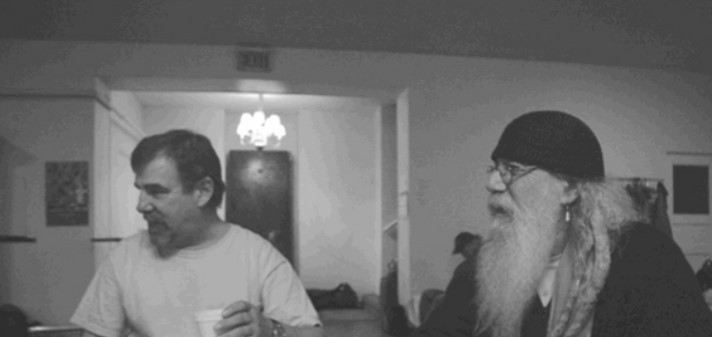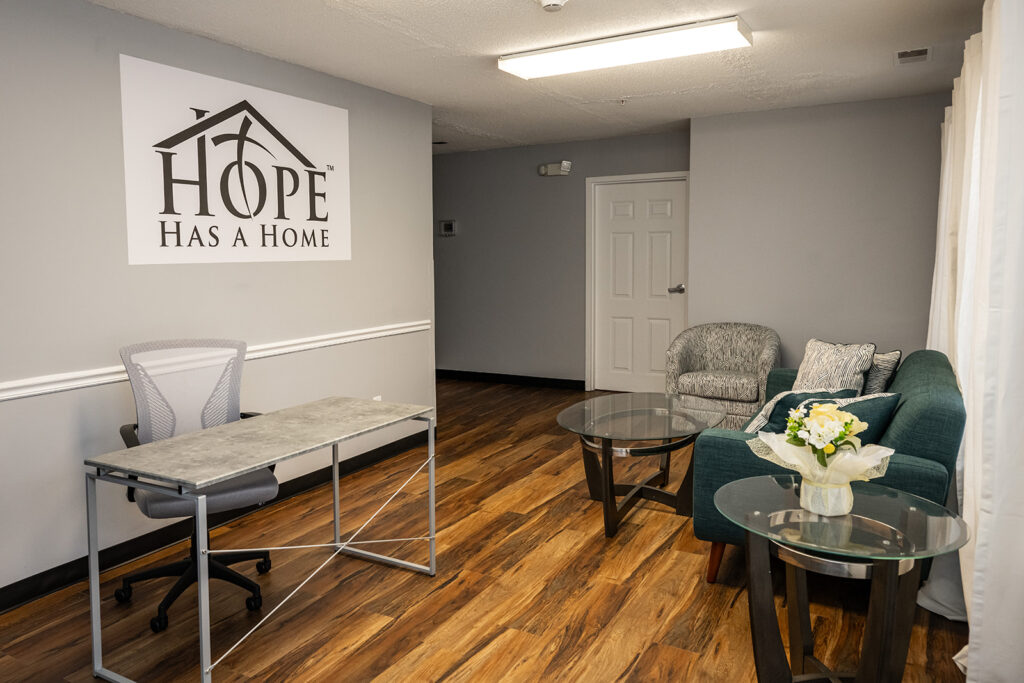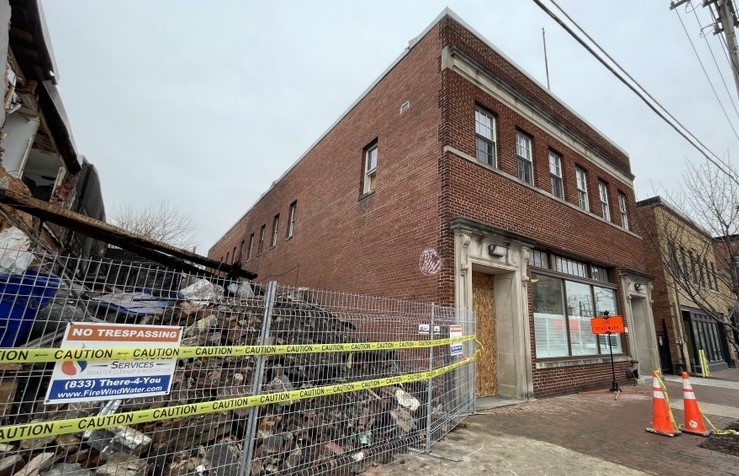Advocates and homeless mark the closing of the small winter havens
Winter is over. The roughly 300 extra hypothermia beds that were opened up for cold weather in homeless programs large and small across the District are being stowed away.
And with them, places that felt familiar and safe are disappearing for another year.
With the loss of the winter beds, advocates say, there can also be a loss of bonds formed with the most solitary folks, who only come in when it is cold.

“I have always viewed hypothermia as an opportunity,” said Mary Ann Luby, an outreach worker at the Washington Legal Clinic for the Homeless. “It is the time people don’t normally come in. You have a chance to connect with people.”
District officials assure that the more than 1,400 year-round shelter beds remaining in the city system will be adequate now that winter weather is ending.
With hypothermia beds disappearing, nightly counts show that the emergency shelters are full but that no one has been refused a place to stay, said one official who did not wish to be named.
“To the best of my knowledge, beds are still available within the system,” agreed Michael Ferrell, executive director of the nonprofit D.C. Coalition for the Homeless, which operates a number of programs across the city.
Yet some insist that with the end of winter, the system is feeling the strain.
“I don’t even know where to send someone,” said Erika Barry, executive director of Thrive DC, formerly the Dinner Program for Homeless Women. Her staff recently spent an entire day seeking shelter for a woman and child fleeing domestic violence.
“Capacity is a real problem right now with the closing of hypothermia season,” added Skip Watkins, a staffer at the Community for Creative Non-Violence shelter and a leader of the city’s Coalition of Housing and Homeless Organizations.
“We don’t have enough bed space.”
And with the loss of the winter bed capacity, they say that a measure of extra care only found in winter is also being lost. For besides the major city-funded hypothermia efforts, some smaller charities also find ways to offer their own winter havens. And for homeless people suffering from mental illness or trauma, or who have other reasons to fear or avoid most shelters, these programs can have a special appeal.
Cold Weather: A Chance to Connect
The Father McKenna Center, which normally offers meals and other day services at St. Aloysius Catholic Church on North Capitol Street, used its own funds to provide beds for 25 men this past winter. At the approach of spring, center director Tom Howarth saw the difference the cots were making.
“The guys looked at me with pleading eyes,” he said. “What are we going to do on April 1?” A majority of the men made progress in coping with some of their problems during the winter spent sleeping indoors, he said.

“There’s a touch of sadness in it all,” Howarth said. “Fifteen of the 25 would have advanced some if we could have kept them here.”
Running the night shelter was demanding but the benefits were real.
“We’ve had the suggestion ‘why don’t we have hypothermia year-round?’ ” Howarth said.
In Georgetown, the 10 men who were coaxed in from the cold this winter to sleep under cozy blankets and quilts in neighborhood churches also showed signs of progress, said those who helped them. The men normally would have slept under bridges and in alleys, shunning social contact.
“They like to isolate” is how Georgetown Ministry Center outreach director Roy Witherspoon put it.
“I don’t do shelters,” one of the men, Anton Laubert, explained.

But he, like the others, found himself drawn in by the comforts of the church shelter program, hosted by neighborhood churches on a rotating basis. The program was started in 1987, following the freezing death of a neighborhood homeless man. Along with the cots, the men are offered meals, friendly conversation with church volunteers, medical attention and counseling.
During the rest of the year, the Ministry Center provides drop-in services out of its offices at Grace Episcopal Church on Wisconsin Avenue. But the wintertime is always special, said staffer Delores Jackson, who has helped supervise the church shelter program for the past 16 years.
“I am truly grateful these churches open their doors for us.” she says. “It breaks my heart when we close.”
Bill McNeil agreed to participate in the shelter program this winter, after he was slashed and bludgeoned by an unknown assailant while sleeping in a doorway in the nearby Foggy Bottom neighborhood.
“The program here is really fantastic,” McNeil said quietly one recent night, grateful to be safe and healing.
On Christmas Eve another homeless man was killed while sleeping in Foggy Bottom. Yoshio Nakada, who had mental illness, had been coaxed into staying at the church shelter when it was housed at Grace Church, where he often prayed. But Nakada had been reluctant to move along to the next church on the rotation.
His death has highlighted the nightly concerns for those living without warm, dry and secure indoor shelter.
Around the city over the winter months at least four other homeless people died outdoors of less obvious causes. Autopsy results have not yet been released.
The Warmth of a Church Hall

On the last Saturday of March the men of the Georgetown shelter spent their final night of hypothermia season in the warmth of a church hall. And when Sunday morning came they drank their coffee and packed their things.
For these men and other homeless people across the District, the fragile security of a hypothermia shelter bed ~ and the extra help tied up with winter ~ was coming to an end. Time to leave.
“Thank you for your hospitality,” said McNeil. He slung his bag over his shoulder and headed off into the foggy chill of an uncertain spring morning.








